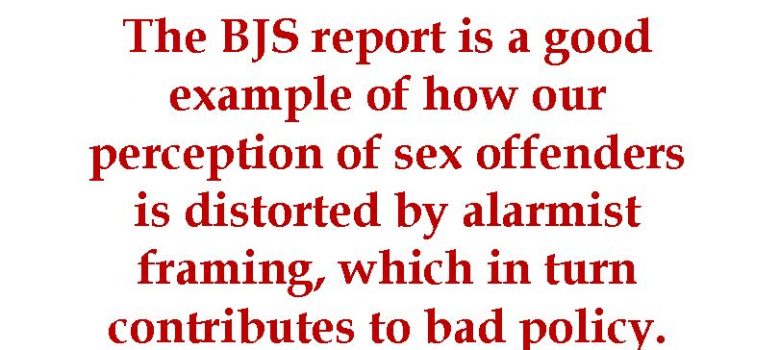Flawed science? Two efforts launched to improve scientific validity of psychological test evidence in court
There’s this forensic psychologist, we’ll call him Dr. Harms, who is infamous for his unorthodox approach. He scampers around the country deploying a bizarre admixture of obscure, outdated and unpublished tests that no one else has ever heard of. Oh, and the Psychopathy Checklist (PCL-R). Dr. Harms never omits that. To him, everyone is a chillingly dangerous psychopath. Even a 30-year-old whose last crime was at age 15. What’s most bizarre about Dr. Harms’s esoteric method is that he gets away with it. Attorneys may try to challenge him in court, but their protests usually fall flat. Judges rule that…





